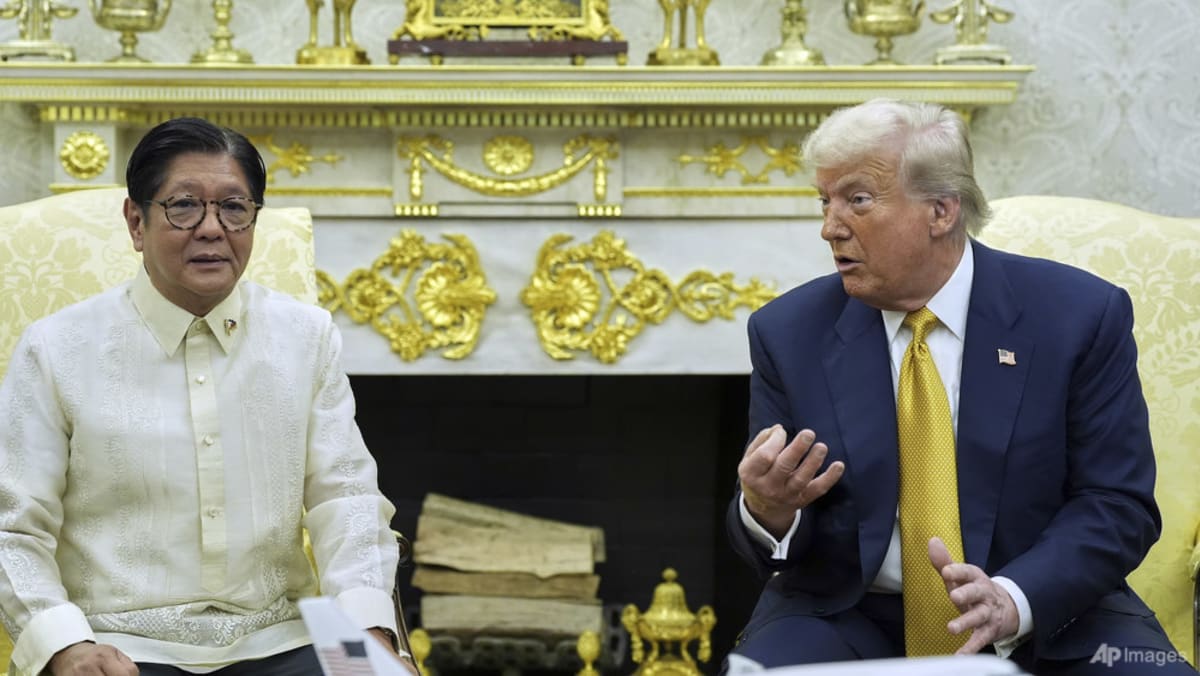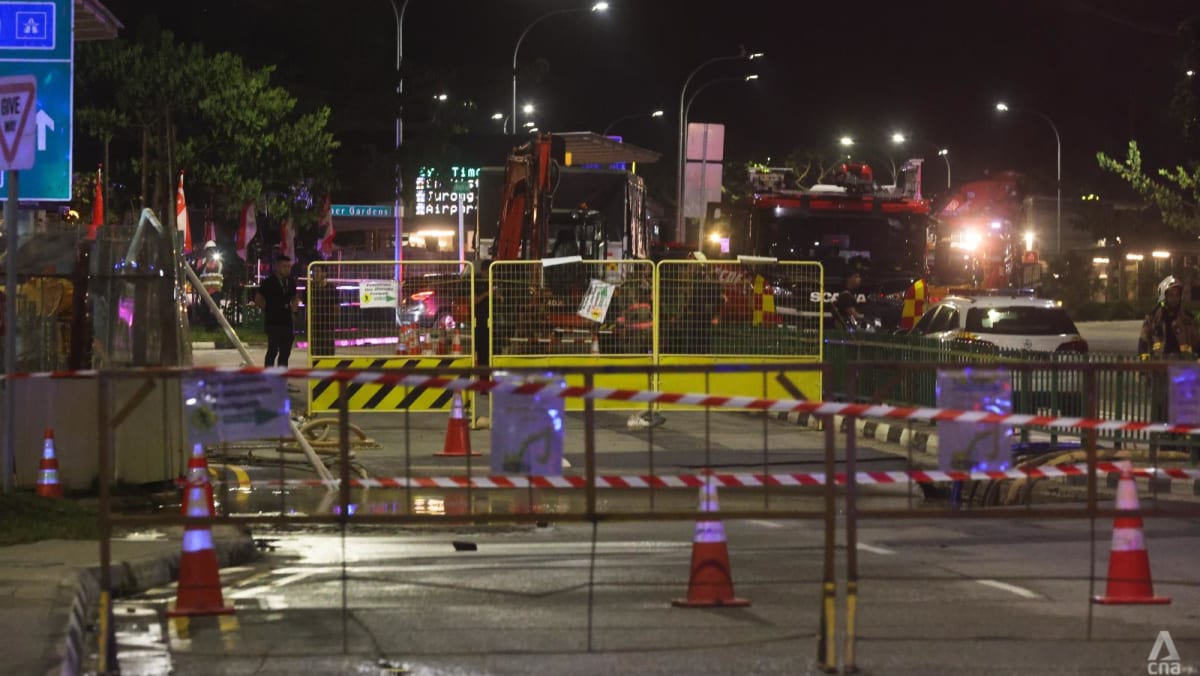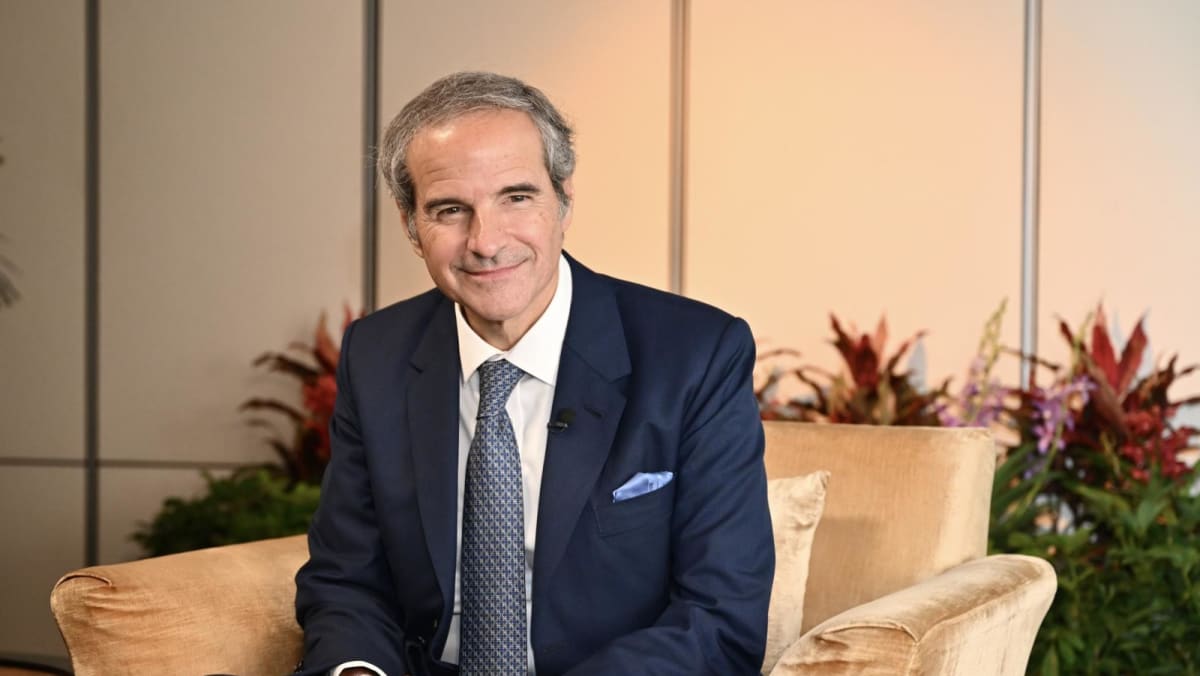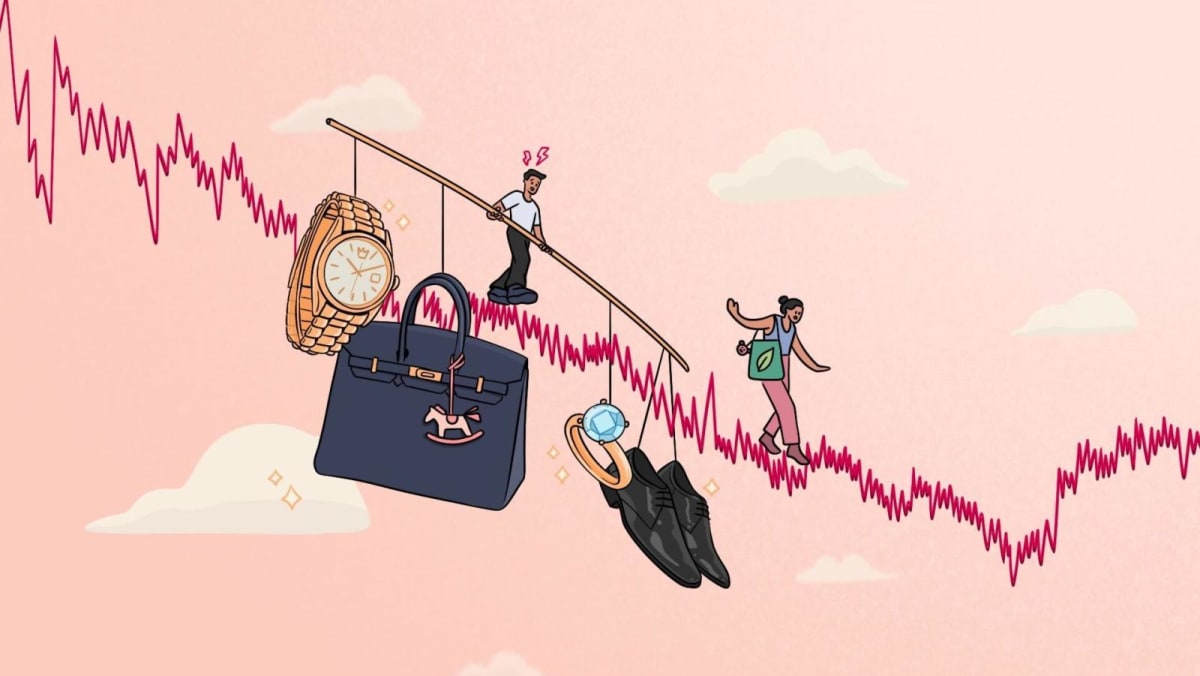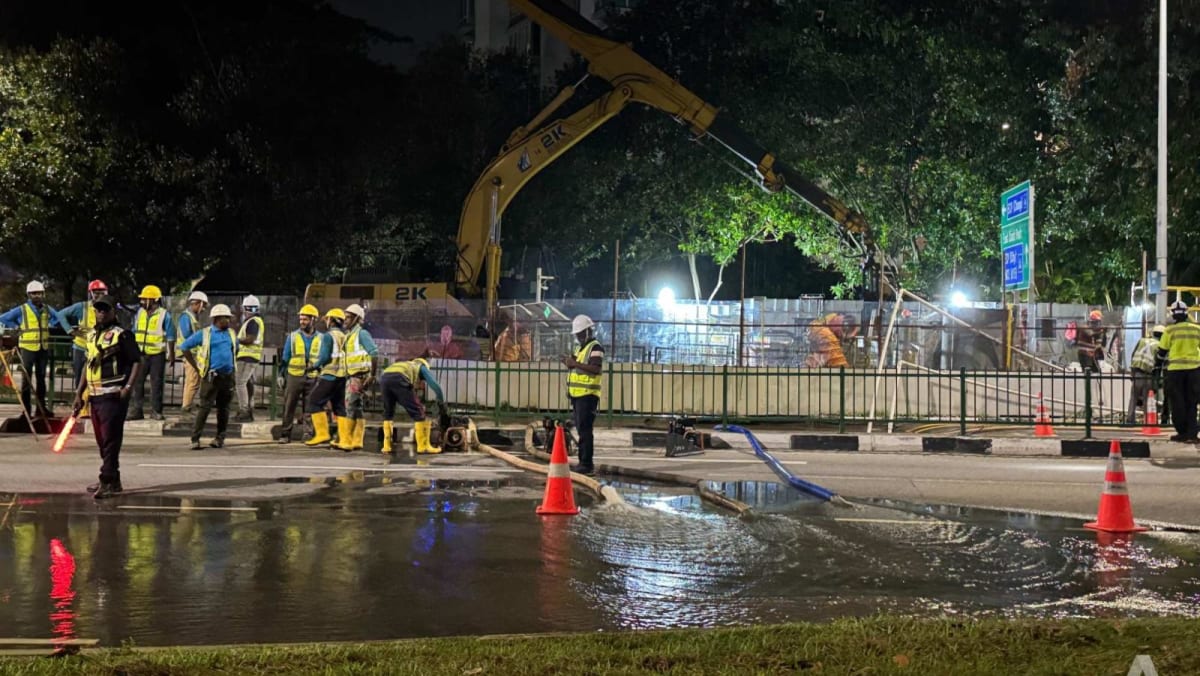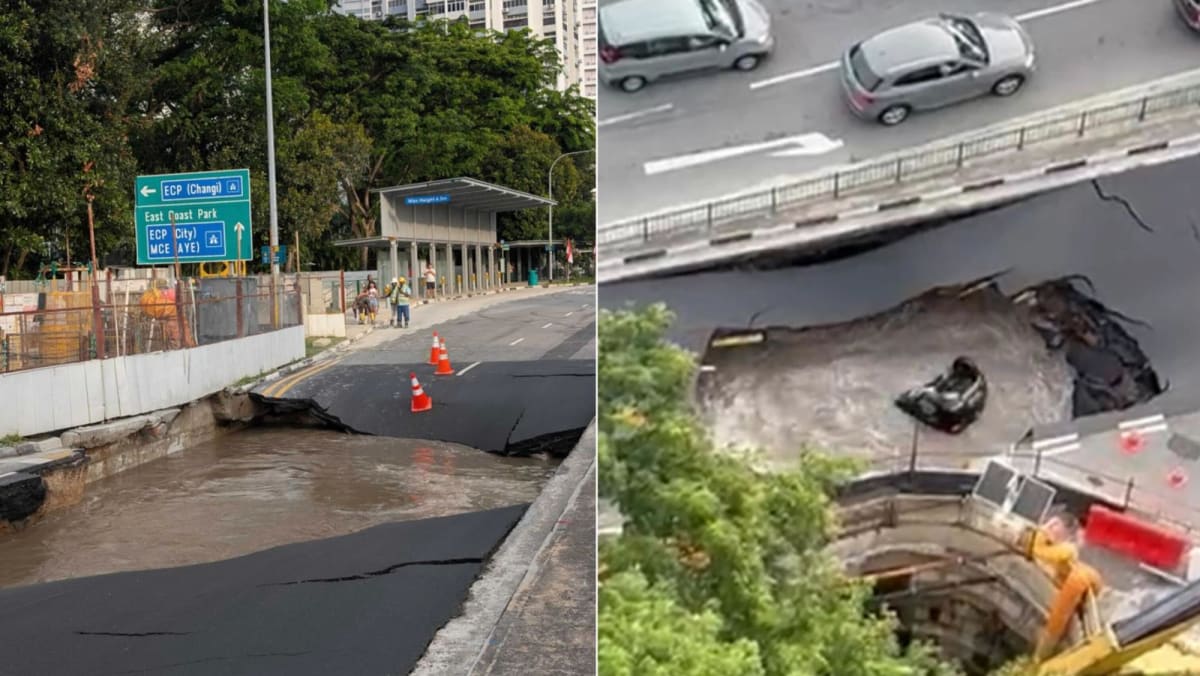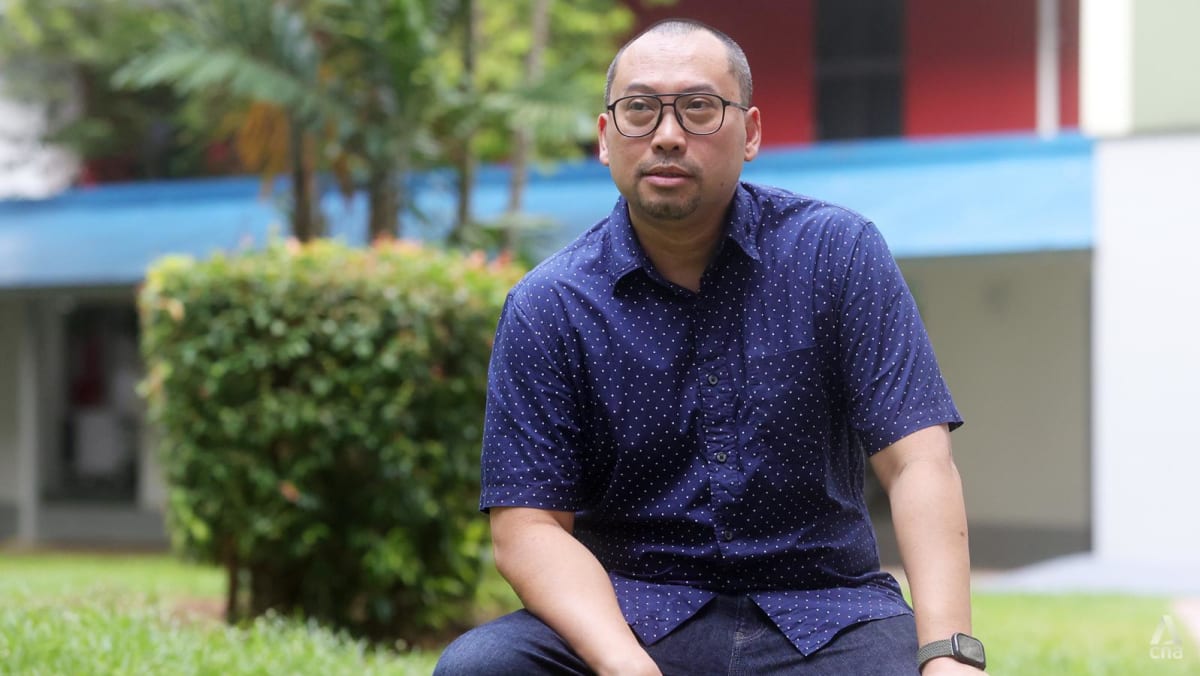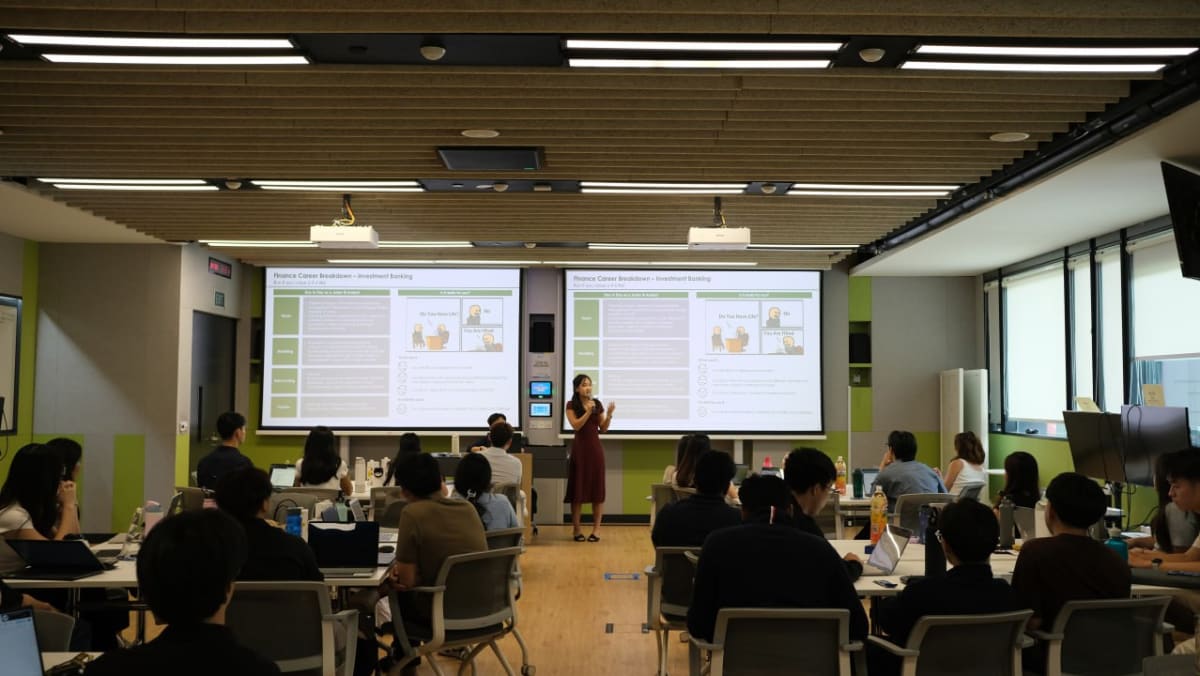PUBLIC NEEDS TO BE INFORMED
Mr Grossi also spoke of the importance for governments and the region to disseminate more information and for the public to familiarise itself with nuclear technology.
“The reality is that all the ASEAN governments are approaching the agency and telling me that they want nuclear energy … so there is a lot of interest in the area,” said Mr Grossi.
“It is clear that we have 60 years of nuclear experience in the world, that more than 400 reactors are operating in the world without problems.”
“So in my opinion, it would be good to do more, to do more information sharing, campaigns of education, dissemination of this information because it’s true that the public perceptions may still be influenced by a certain inertia from past examples.”
The Fukushima incident, for instance, has “left quite a strong impression in some layers of society”, he added, referring to the 2011 nuclear power plant meltdown in Japan’s Fukushima prefecture.
To address such fears, Mr Grossi said transparency was key.
He added that a lot of wastewater has been treated and discharged in a controlled manner.
“So, so far so good … But we are going to continue. I said that the IAEA will be present until the very last drop of this water.
“So this is, I think, a way to prove that we are there, that we are not going anywhere.”
On how the IAEA will strike a balance between being an authoritative power and maintaining global nuclear security when nuclear programmes were of political sensitivity, Mr Grossi said that the “best and most important element” was to work within the “family of nations” in the IAEA.
“Every country that is operating normally and safely and with no proliferation concerns is a member of the IAEA … receives the inspections, does the safety and security reviews, participates actively in the regulatory activities, countries that have transparency.”
Asked to rate how prepared ASEAN was to adopt nuclear energy at this point, Mr Grossi declined to give a score.
“There is no such thing as an ASEAN energy output, because the countries are part of what ASEAN is but there is a huge difference between Myanmar and Singapore, or between Vietnam and Thailand.
“There are similarities, but there are also very important differences. So to tell you ASEAN is seven out of 10 or eight out of 10 would be artificial.”
